Selecting the right surface material for your business is crucial in achieving aesthetics, durability, and functionality. Two popular choices that often come to mind are ceramic tiles and granite. Both have distinct characteristics that make them suitable for different commercial spaces. In this article, we will delve into a comparative analysis of ceramic tiles and granite to help you choose the perfect surface material for your business. 1. Aesthetics: Ceramic Tiles: Ceramic tiles offer a wide range of design options, patterns, colors, and styles. Whether you prefer a contemporary or traditional look, ceramic tiles can be customized to suit your business’s aesthetic requirements. They can mimic the appearance of natural stones, wood, and various textures, providing versatility in design. Granite: Known for its natural beauty, granite exudes timeless elegance and sophistication. Granite surfaces showcase unique patterns, veins, and flecks, making each piece one-of-a-kind. The rich and luxurious look of granite adds value to any commercial space, making it a popular option for high-end businesses.
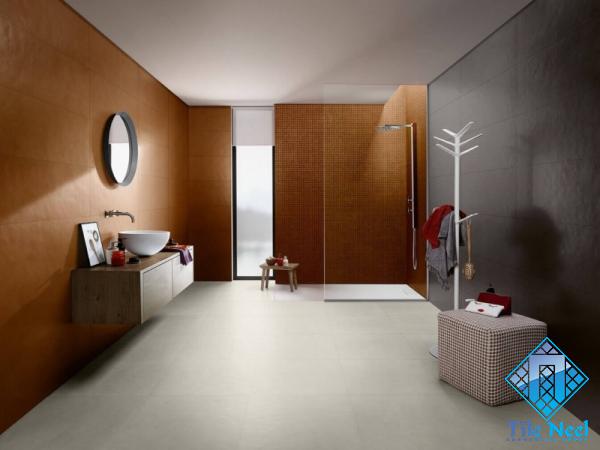
.
 2. Durability: Ceramic Tiles: Ceramic tiles are highly durable and resistant to scratches, stains, and moisture. They are ideal for high-traffic areas prone to spills or accidents, such as kitchens, bathrooms, and hallways. Ceramic tiles also have a long lifespan, making them a cost-effective choice for businesses looking for low-maintenance surfaces. Granite: Granite is one of the hardest natural stones, making it extremely durable and resistant to wear and tear. It can withstand heavy impacts, heat, and moisture, making it suitable for a wide range of commercial applications. With proper sealing and maintenance, granite surfaces can last for decades, ensuring longevity and durability for your business. 3. Maintenance: Ceramic Tiles: Ceramic tiles are relatively easy to clean and maintain. Regular sweeping, mopping, and occasional deep cleaning will keep them looking pristine.
2. Durability: Ceramic Tiles: Ceramic tiles are highly durable and resistant to scratches, stains, and moisture. They are ideal for high-traffic areas prone to spills or accidents, such as kitchens, bathrooms, and hallways. Ceramic tiles also have a long lifespan, making them a cost-effective choice for businesses looking for low-maintenance surfaces. Granite: Granite is one of the hardest natural stones, making it extremely durable and resistant to wear and tear. It can withstand heavy impacts, heat, and moisture, making it suitable for a wide range of commercial applications. With proper sealing and maintenance, granite surfaces can last for decades, ensuring longevity and durability for your business. 3. Maintenance: Ceramic Tiles: Ceramic tiles are relatively easy to clean and maintain. Regular sweeping, mopping, and occasional deep cleaning will keep them looking pristine.
..
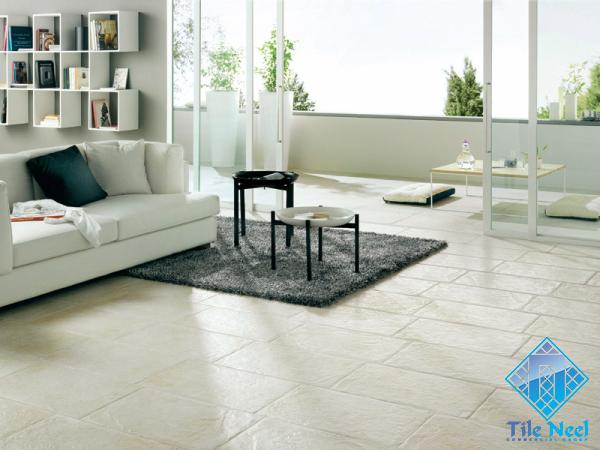 However, grout lines between tiles may require regular cleaning and sealing to prevent dirt and stains from building up. Granite: Granite surfaces require periodic sealing to maintain their resistance to stains and spills. Routine cleaning with mild detergent and warm water is generally sufficient to keep granite looking its best. However, it’s essential to avoid abrasive cleaners or acidic substances that can damage the sealant or the stone itself. 4. Cost Considerations: Ceramic Tiles: Ceramic tiles are generally more affordable than granite. The upfront cost of installation, materials, and labor is lower, making them an attractive option for businesses operating on tighter budgets. Additionally, their durability and low maintenance requirements contribute to long-term cost savings.
However, grout lines between tiles may require regular cleaning and sealing to prevent dirt and stains from building up. Granite: Granite surfaces require periodic sealing to maintain their resistance to stains and spills. Routine cleaning with mild detergent and warm water is generally sufficient to keep granite looking its best. However, it’s essential to avoid abrasive cleaners or acidic substances that can damage the sealant or the stone itself. 4. Cost Considerations: Ceramic Tiles: Ceramic tiles are generally more affordable than granite. The upfront cost of installation, materials, and labor is lower, making them an attractive option for businesses operating on tighter budgets. Additionally, their durability and low maintenance requirements contribute to long-term cost savings.
…
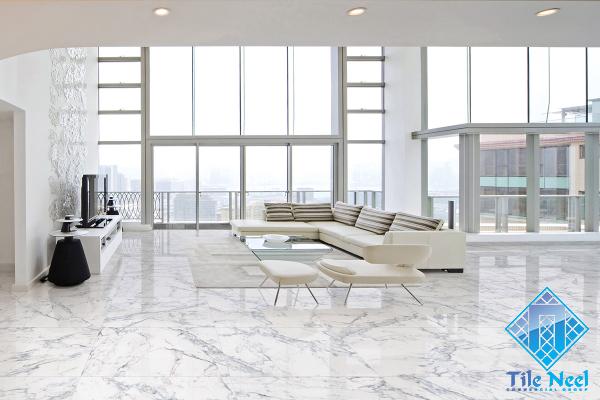 Granite: Granite, being a natural stone, tends to have a higher initial cost compared to ceramic tiles. The installation process can also be more involved due to its weight and the need for specialized tools and expertise. However, the timeless appeal of granite may increase your business’s perceived value, potentially attracting higher-end clientele. Conclusion: When deciding between ceramic tiles and granite as surface materials for your business, it is essential to consider factors such as aesthetics, durability, maintenance, and cost. Each has its advantages and suits specific commercial spaces. Ceramic tiles provide endless design possibilities, low maintenance, and affordability, while granite offers unmatched natural beauty, durability, and the potential for enhanced business value. Ultimately, your choice will depend on your business’s unique needs and goals.
Granite: Granite, being a natural stone, tends to have a higher initial cost compared to ceramic tiles. The installation process can also be more involved due to its weight and the need for specialized tools and expertise. However, the timeless appeal of granite may increase your business’s perceived value, potentially attracting higher-end clientele. Conclusion: When deciding between ceramic tiles and granite as surface materials for your business, it is essential to consider factors such as aesthetics, durability, maintenance, and cost. Each has its advantages and suits specific commercial spaces. Ceramic tiles provide endless design possibilities, low maintenance, and affordability, while granite offers unmatched natural beauty, durability, and the potential for enhanced business value. Ultimately, your choice will depend on your business’s unique needs and goals.
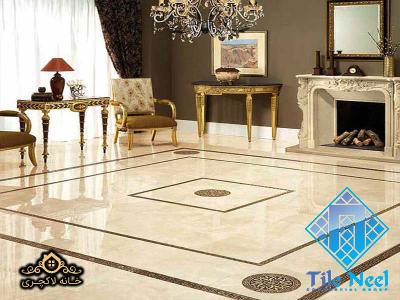
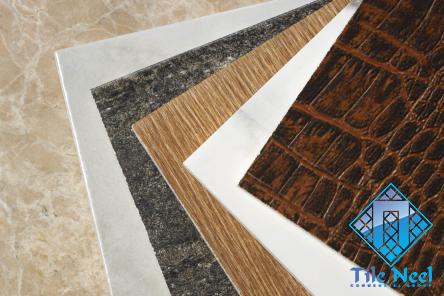
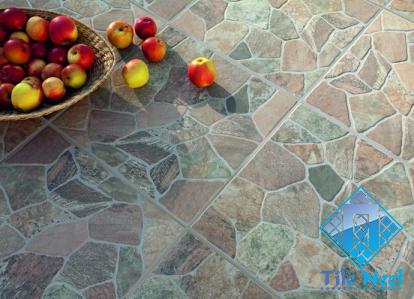
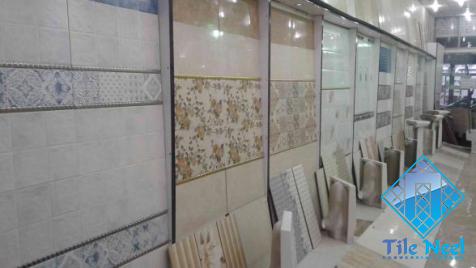
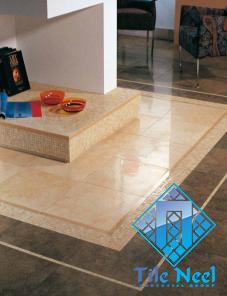
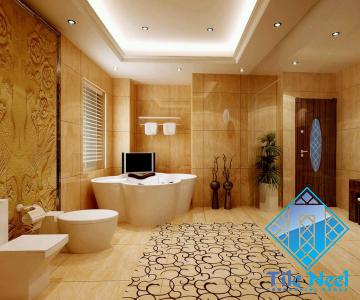
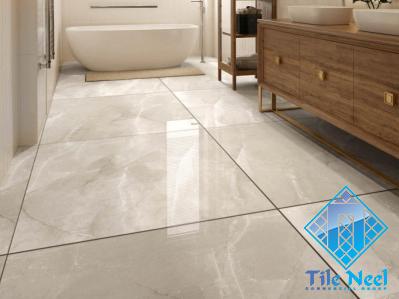
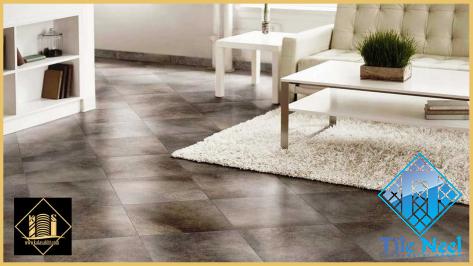
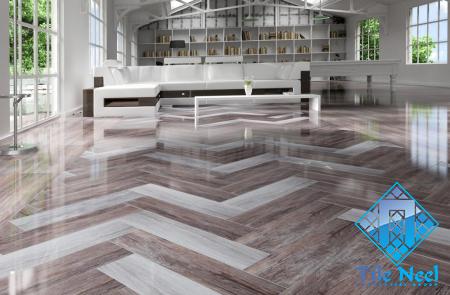
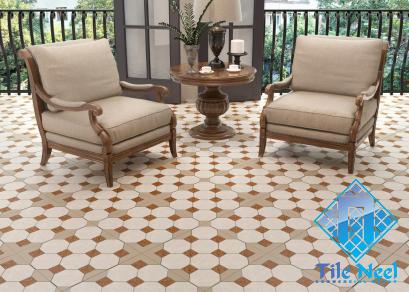
Your comment submitted.